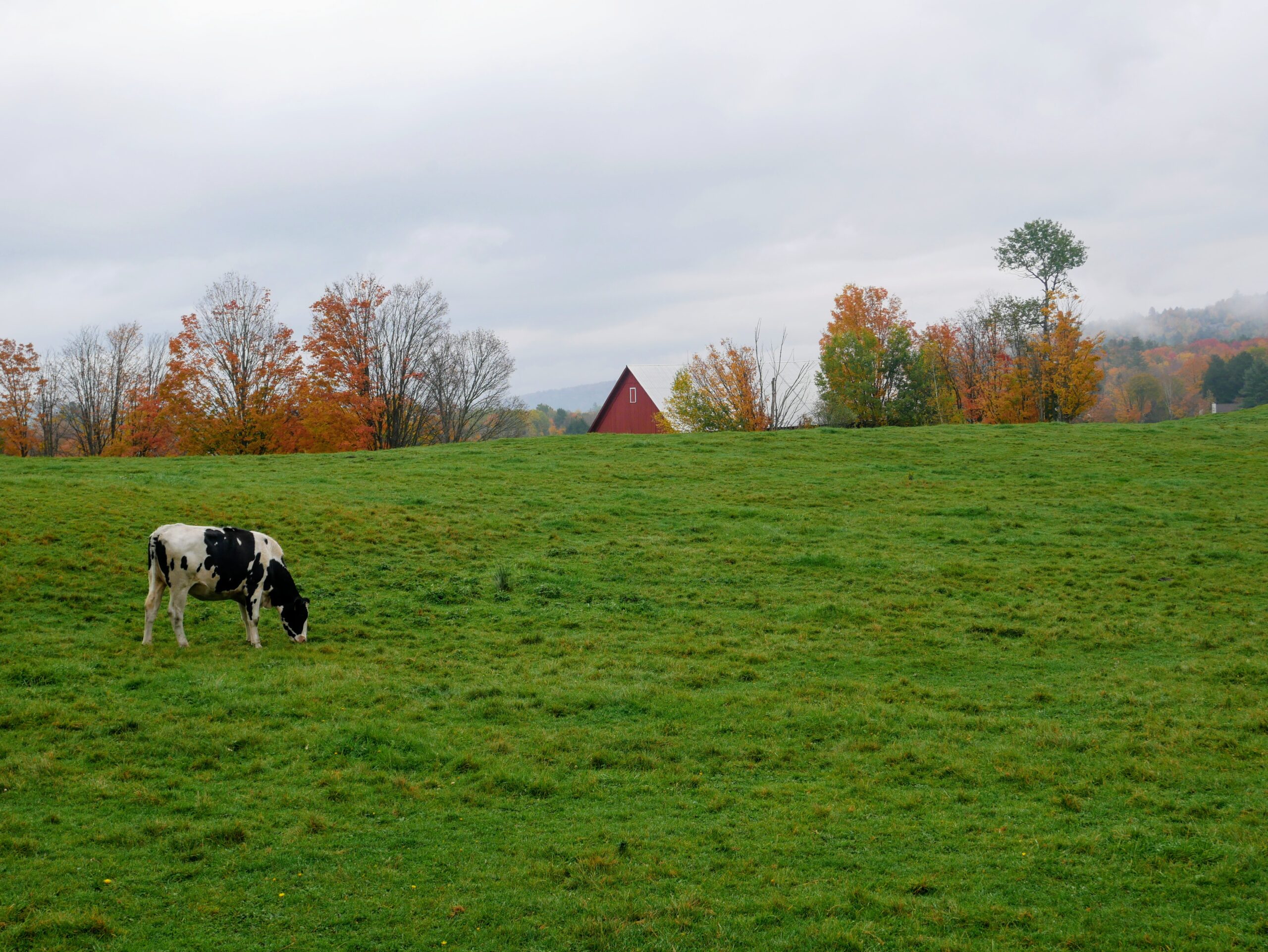Many people are generations removed from growing food for a living. They haven’t had a farmer in their family in decades and don’t understand some of the basic farming practices.
Sixty years ago, most people interacted with a farmer regularly. Today, it is a rare occurrence. This makes it difficult for people to get to know farmers and the challenges they face, which can lead to misunderstandings or even conflict.
Perhaps a neighbor has asked about how you fertilize your crops or control pests on your land. You may have received a complaint about noise or smells associated with your operations. Or you may have been criticized about how you care for your animals.
Farmers can be hesitant to engage with neighbors or community members about these issues because they fear the situation might blow up, making things worse.
Mediators can work with farmers to help address right-to-farm issues like these, but you also can learn how to talk about your farming practices so that your neighbor feels heard, possibly resolving things on your own.
How to diffuse a tense conversation
1. Listen and Ask Questions
Before you share any facts, help the person feel heard and show you understand their concern.
“I haven’t heard that before, where did you get that information? Can you tell me more about why this is important to you? Have you experienced this firsthand?”
2. Restate What They Said
People like to know that you understand them. Let them know by repeating what they shared.
“It sounds like you’re concerned about water contamination and the health of your family.”
3. Make a Connection
Shared values are three to five times more important to building trust than sharing facts. Find a connection, for example, the health of your family, your love of hunting, land stewardship, or protecting water quality.
“We share the goal of protecting the land for future generations. We use the least toxic and the least amount of chemicals possible to control any pests.”
4. Acknowledge Them
Be sure that you acknowledge their concern.
“I agree safety is number one. I live here, too. We want to do everything we can to keep the land and water clean. I understand your concern.”
5. Suggest a Way to Work Together
Sometimes, your efforts to have a productive conversation might not work. You can still show you care about resolving the problem by seeking outside help.
“I still want to try and work through this. Would you be willing to try working with a mediator who might be able to help us have this conversation?”
Tag us in your posts!
LinkedIn: @EnvironmentalMediationCenter


